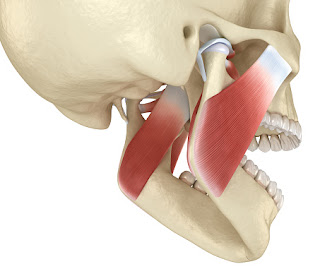Common Causes Of Dizziness
Common causes of dizziness include a migraine, medications, and alcohol. It can also be caused by a problem in the inner ear, where balance is regulated. Dizziness is often a result of vertigo as well. The most common cause of vertigo and vertigo-related dizziness is benign positional vertigo (BPV). This causes short-term dizziness when someone changes positions quickly, such as sitting up in bed after lying down.
People suffering in dizziness may feel various sensations, including:
lightheadedness or feeling faint
a false sense of spinning
unsteadiness
loss of balance
feeling of floating or swimming
Sometimes, dizziness is accompanied by nausea, vomiting, or fainting. Seek emergency medical help if you have these symptoms for extended periods.
There are many causes of dizziness. Often, something as simple as getting up too quickly from a chair or bed, for example, can cause you to become dizzy. But dizziness can lead to some very dangerous situations, such as causing you to faint or fall, or preventing you from being able to walk, especially if your issues with it become prolonged or chronic.
Some medications – for example, those used for blood pressure, pain, or antibiotics can cause dizziness. Often these medications will come with warnings that indicate the potential for dizziness. If it becomes too much for you to handle, talk to your doctor about switching medications. You can also become dizzy if you’re suffering a heart attack or heart arrhythmia, in which your heart is beating too fast, too slow or irregularly. If you suspect a heart attack, get to a hospital or call for help immediately.
Treatment for dizziness focuses on the underlying cause. In most cases, home remedies and medical treatments can control the cause of dizziness. For example:
Inner-ear issues may be managed with medications and at-home exercises that can help control balance.
BPV can be resolved with maneuvers that can help alleviate symptoms. Surgery is an option for patients whose BPV is not otherwise controlled.
Meniere’s disease is treated with a healthful low-salt diet, occasional injections, or ear surgery.
Migraines are treated with medications and lifestyle changes, such as learning to identify and avoid migraine triggers.
Medication and anxiety-reducing techniques can help with anxiety disorders.
Drinking plenty of fluids can help when dizziness is caused by excessive exercise, heat, or dehydration.
Dizziness may result in complications when it causes fainting or a loss of balance. This can be especially dangerous when a person is driving or operating heavy machinery. Use caution if you feel an episode of dizziness coming on. If you become dizzy, stop driving immediately or find a safe place to steady yourself until it passes.




Comments
Post a Comment